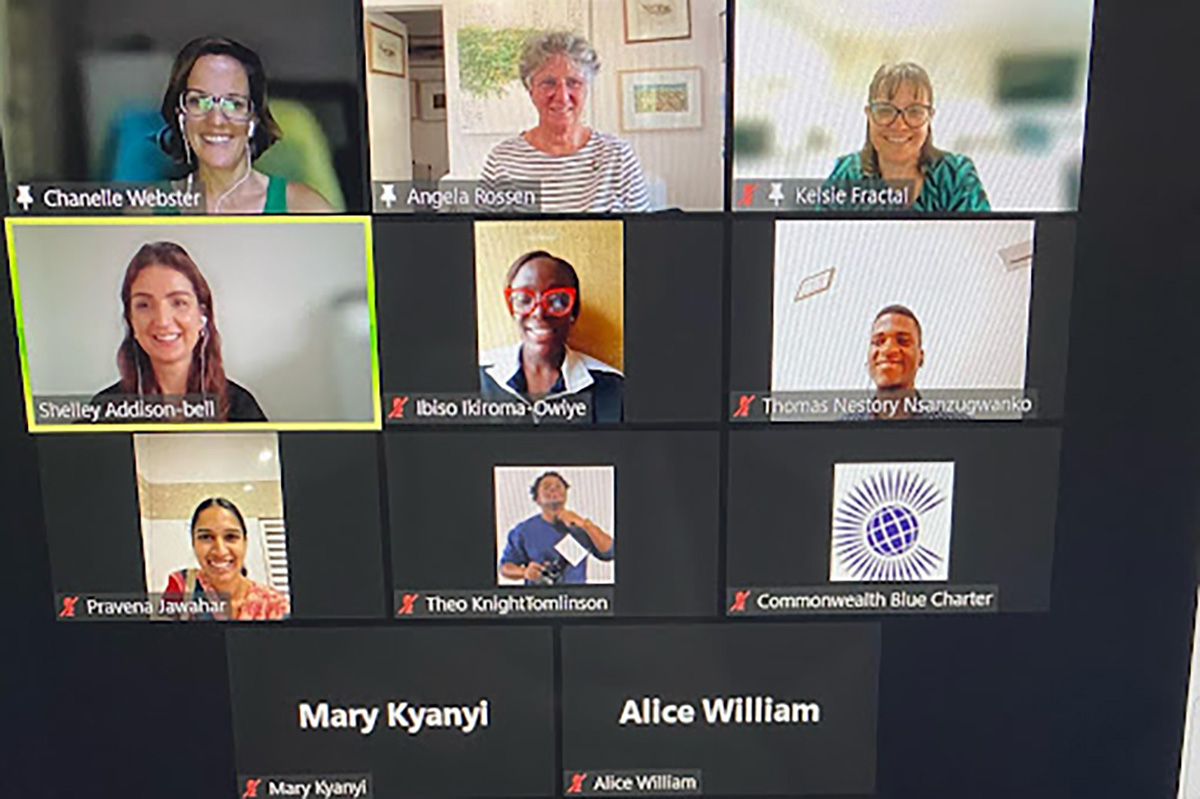“Implications surrounding Brexit”
May 24th, 2017 The vote for Brexit continues to have repercussions for Britain and beyond. Ariana Joseph, 16, a Correspondent from Antigua and Barbuda now studying in Canada, looks at how Brexit could affect the English-speaking Caribbean.
The vote for Brexit continues to have repercussions for Britain and beyond. Ariana Joseph, 16, a Correspondent from Antigua and Barbuda now studying in Canada, looks at how Brexit could affect the English-speaking Caribbean.
In 2016 a new word entered the English lexicon. The term Brexit was coined to commemorate the anticipated withdrawal of the United Kingdom from the European Union. It represents a seminal moment in the history of the country and the world. As is the case with all other epochal decisions, Brexit carries both positive and negative implications not only directly for the country responsible for executing the decision, but also for other countries and overseas dependencies. This is especially true in terms of trade and economic activities.
My thoughts were arrested by the topical discussion of Brexit, not simply because of its reoccurance in the local news of my twin island state or because of the obvious implications it holds for the other members of the European Union, but more so because of its potential impact on the former Anglophone colonies in the Caribbean, especially in terms of trading relations, tourism and banking.
There are obvious concerns for the possible disintegration of the British economy in addition to the potential undermining of British unity. The latter was manifested in the way the Scottish voted in the referendum. The former could be discerned in the immediate aftershock of the referendum that triggered the first decisive step towards Brexit. It sent shock waves throughout the global financial markets when the actual outcome of the vote did not mirror those of the pollsters. Some voters even started to have second thoughts as to whether they had made the right decision. Less than a year later, Brexit has spawned another election in the United Kingdom, and the waves it is causing across Europe are sure to intensify after the results in early June, 2017.
In the English-speaking Caribbean we have our own concerns. Although far removed from Europe geographically, the ripples of the shock waves emanating from Brexit are certain to reach our shores. The fate of the Caribbean states in the context of Brexit is not something to be taken lightly. The larger scale complication of trading and developmental issues are inextricably linked to the socioeconomic development of these microstates. Brexit represents a possible curtailment of Britain’s policies toward the Caribbean, which would of necessity trigger the re-establishment and re-orientation of economic, trade, and other issues.
There is no doubt that all of the former British colonies depend on the European Union in general, and the United Kingdom in particular, for some level of their social and economic development; even though trading relations have declined over the years, we still have trading relationships which can be impacted. Moreover, several of these Caribbean countries also received funding from the European Union for human resource and infrastructure developments. With the advent of Brexit the future of similar funding is uncertain, as Britain has has been the voice articulating the cause of its former colonies in the European Union.
Additionally, many of these former British colonies depend upon the British and other European markets to fill their hotels and the cruise ships that call at their ports. The impact of Brexit will certainly determine whether their citizens decide to travel, and if they do so how much money they will have to spend based upon the economic fallout attending Brexit. Another area in which the former colonies could be impacted is in terms of remittances that some families depend on. Apart from the regular remittances that family members send back home, there are pensioners who have returned to the Caribbean to live and depend heavily on their British pension. Their lives will also be affected. Any resulting financial, economic, or other turmoil will also affect Caribbean students studying in the United Kingdom and elsewhere.
Whatever the eventual consequences that Brexit will have on England and the rest of Europe, they are sure to impact the Anglophone Caribbean. It is against this backdrop that the words of John Donne ring prophetic when he asserted that “no man is an island entire of itself; every man is a part of a continent, a part of the main…” We in the Caribbean look forward with eager anticipation to forthcoming British elections and hope that all bodes well for the future of not only the Caribbean, but also the rest of the British Commonwealth and the world in general.
photo credit: jeffdjevdet Brexit – No Ideas? via photopin (license)
…………………………………………………………………………………………………………………
About me: My ambition is to become a cardio-thoracic paediatric surgeon. In preparation for this, I have commenced undergraduate studies focusing on a double major in biology and chemistry. Once I have completed my undergraduate studies, it is my intention to obtain a medical degree, pursue research studies in genetics, and eventually establish a medical services centre.
I have a passion for reading, writing, playing the violin, and engaging in community service projects. I am presently enrolled at Saint Mary’s University, Canada.
…………………………………………………………………………………………………………………
Opinions expressed in this article are those of the author and do not necessarily represent the views of the Commonwealth Youth Programme. Articles are published in a spirit of dialogue, respect and understanding. If you disagree, why not submit a response?
To learn more about becoming a Commonwealth Correspondent please visit: http://www.yourcommonwealth.org/submit-articles/
…………………………………………………………………………………………………………………






